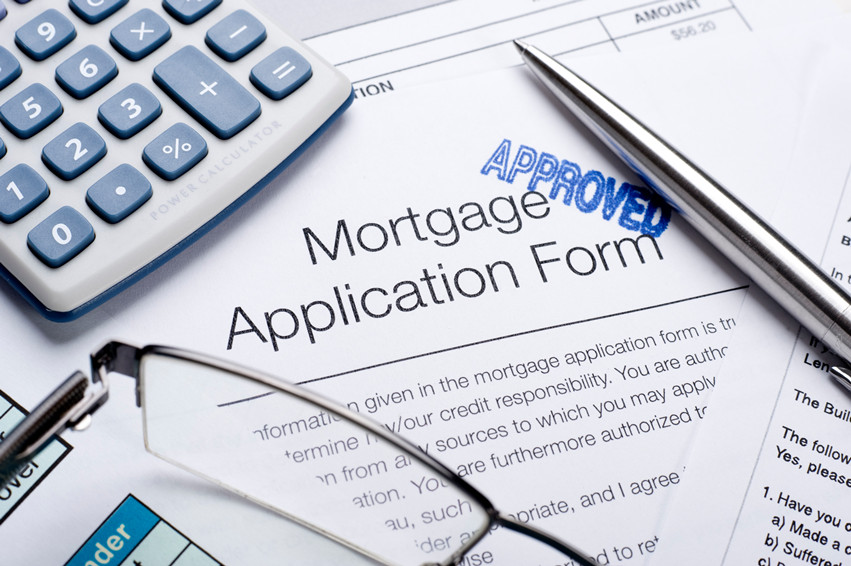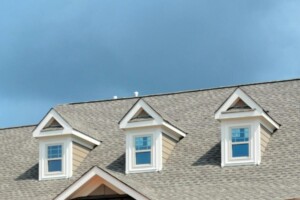As you’re thinking about buying a home, it’s important to consider the full cost of home ownership. Sure, you’ll need to pay the mortgage, of course, but there are many additional costs — and some of them may surprise you.
 Immediate Costs:
Immediate Costs:
1. Mortgage down payment: Unless you’re paying cash, you’ll need to make a down payment to get a mortgage; a down payment typically amounts to 5-20% of your agreed upon sale price. The amount you put down depends on your credit and the type of loan you’re taking out. Remember: The bigger your down payment, the smaller your total mortgage and the lower your monthly payment.
2. Closing costs: While closing costs can add up, they’re a necessary part of doing business. Closing costs cover everything from the loan origination fee to the cost of running a credit check, and much more. According to Redfin, closing costs range from anywhere between 2-5% of your mortgage. For example, on a $200,000 mortgage, you’d be paying between $4,000 and $10,000 in closing costs. You may be able to “buy up” your rate (take a higher interest rate) to offset closing costs, but you will pay extra for the privilege.
3. Housing upgrades: Do you want to paint? Put in stainless steel appliances? Many buyers choose to do their upgrades before they move in, especially if they can manage to postpone moving out of their current residence. Yes, you pay a bit more in either rent or in two mortgage payments for a short time, but this way you avoid a big mess and it’s usually less stressful.
4. New furniture or storage: Depending on whether you’re upgrading or downgrading in size, you’ll likely need to buy or store some furniture. But, then again, that’s why IKEA was created. Not to mention Craigslist.
5. Early lease termination fee: If you’re renting, there may be an early termination fee waiting for you in your future if you break your lease early. Check your lease to learn more. Sometimes, if you offer to find and vet a subletter yourself, you can avoid the fee.
What type of home loan is right for you?
Discover your loan options and secure the right mortgage to fit your needs.
Recurring Costs:
What type of home loan is right for you?
1. Monthly mortgage payment. This generally includes principal, interest, taxes and insurance:
- Principal. The principal is the amount of money you borrowed to buy your fantastic new home. For example, if you bought a $200,000 home, you likely took out a mortgage for $200,000, minus your down payment.
- Interest: This is the amount your financial lender charges you for borrowing the money. The interest you will pay depends on the loan rate you secured (locked in before closing), the length and type of the loan you chose (e.g. Alliant offers a number of different types of loans including fixed-rate and adjustable rate mortgages (ARMs) and how much you are borrowing.
2. Taxes: Here’s a fun fact: You probably won’t pay your taxes directly to the government. You actually will pay them to your mortgage lender when you make your monthly mortgage payment. The lender then adds the funds to an escrow account, which it uses to pay the government on your behalf. This is done to ensure that the property isn’t lost due to delinquent taxes.
3. Insurance: Similarly to your taxes, your homeowner’s insurance is paid to your lender along with your monthly mortgage payment (or in full up front, at closing). Your lender siphons off the amount you pay monthly and pays your insurance for you.
4. Lawn care/snow removal: Pick a season and consider what your property will need. A key benefit of belonging to a condo association is splitting property bills – although you often have to also split other space as well.
5. Association dues: If you buy a condo, or a house in a neighborhood with an association, you’ll need to pay dues. This pot of money (hopefully) enables your association to pay for items like lawn care, snow removal, painting, fixing broken gates, replacing/cleaning common space windows, etc. Association dues are determined by square footage or divided equally by units, depending on each individual association. When it comes to condos, keep in mind that larger buildings with a greater variety of amenities, like a door man or a pool, have much higher dues than a smaller three-flat.
6. Utilities: Water, electric, Internet, cable, garbage removal, Netflix, etc. These costs can quickly add up.
Buying a new home is an exciting time in your life! Don’t feel badly if you forgot any of the above when working out your financial numbers – it’s all too easy to focus on the big numbers like your monthly mortgage while forgetting a detail like garbage removal. That said, take a deep breath – and consider book marking this list. It may come in handy once you find your dream home and want to know if you can afford it!
About Jerrold Anderson
Jerrold Anderson is Vice President, Residential Lending for Alliant Credit Union, one of the largest credit union mortgage originators in the country. Jerrold has spent the last 30 years in mortgage lending helping people get the right mortgage.
Note: This is a guest post; the views and opinions expressed are those of the author and do not necessarily reflect the opinion or position of Redfin.



























 United States
United States Canada
Canada